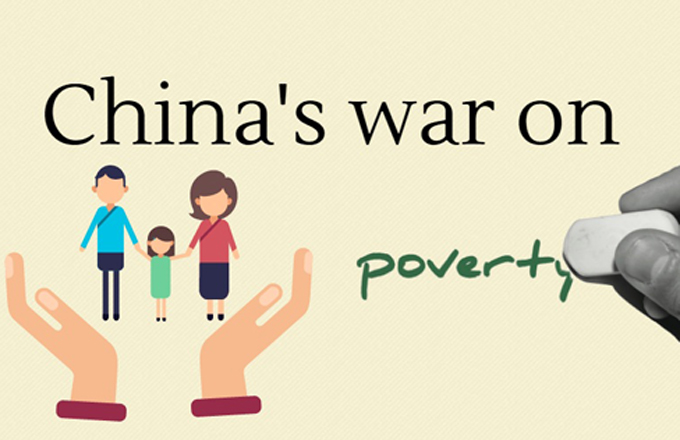Disabilities bring legal difficulties
Q+A
Chen Mengwei
Editor's Note: Ahead of the International Day of Persons with Disabilities, Nicholas Rosellini, the newly appointed UN Resident Coordinator and UNDP Resident Representative in China, spoke with China Daily's Chen Mengwei.
How do you see China's progress in giving access to justice for people with disabilities?
One major progress in China on improving access to justice for persons with disabilities is the establishment of a comprehensive national legal aid system to guarantee basic legal services to vulnerable citizens. Persons with disabilities have been a primary target group of legal aid since the promulgation of the Legal Aid Regulations in 2003.
The system has a broad network of legal aid stations nationally covering more than 40,000 counties and towns. By the end of 2015, nearly 3,000 legal aid workstations specifically targeting persons with disabilities were set up in China.
In a recent study on access to justice for persons with disabilities in China, the UNDP found that local governments and disabled person's federations in many regions have developed valuable good practices to enforce the legal aid system and better uphold the rights of persons with disabilities.
The Chinese government vowed to lift everyone out of poverty by 2020. It also admitted that people with disabilities tend to be more vulnerable in the face of poverty. How can the UNDP better work with China in this regard?
China has made remarkable progress in lifting the mass population out of poverty. The challenge now lies in rolling out a comprehensive program of targeted "precise" poverty reduction that can provide customized services to people with differing conditions.
Going forward, the UNDP can work with China to deliver its goal and unleash the development dividends of its poverty reduction strategies. This means, first and foremost, enabling evidence-based decision-making and enhancing policy effectiveness.
What, in your observation, is the biggest challenge people with disabilities face in China?
Disability is a growing issue in China. Currently, China has the largest community of women and men with disabilities in the world with over 85 million people. The World Health Organization predicts that China will experience a 70 percent increase in the number of people dependent on daily care from 2000-2050.
Nevertheless, it has not been brought into the mainstream's attention. Disability is considered a "medical" condition that the individual with impairment has the main responsibility to deal with, rather than the result of interaction between impairments and the attitudinal and environmental barriers faced by persons with disabilities.
Social perceptions as such can have practical implications to persons with disabilities in accessing services and support. For example, overemphasis on the client's medical condition may restrict legal practitioners from accepting cases involving persons with disabilities, or result in patronization of the client.



















